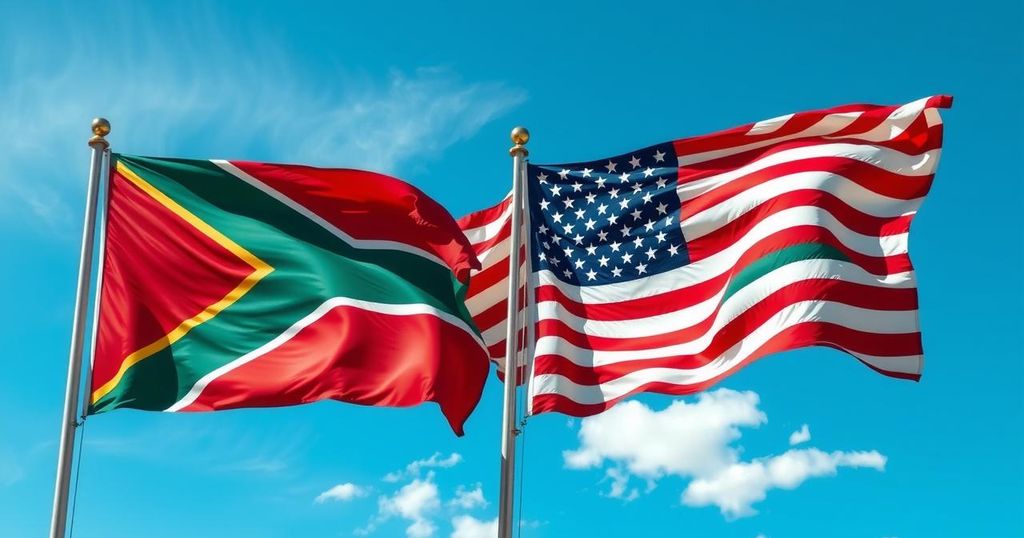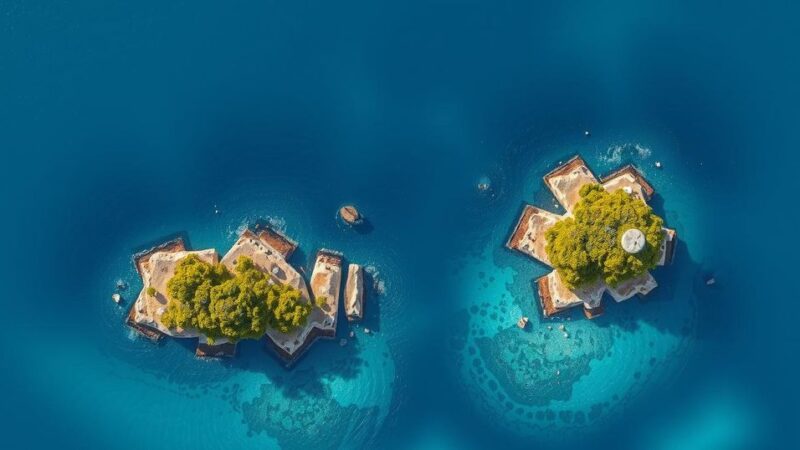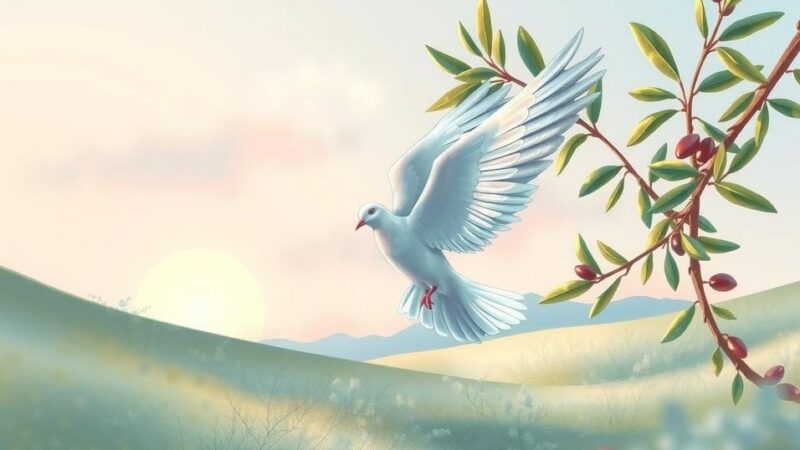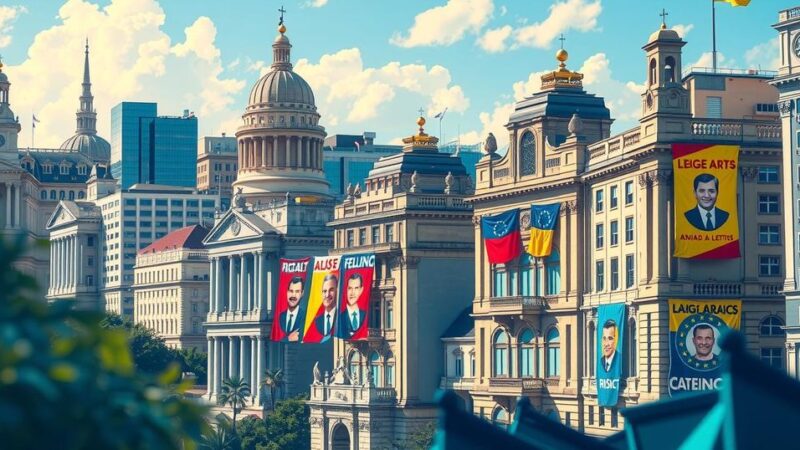South African President Cyril Ramaphosa meets with President Donald Trump in Washington D.C. to address strained relations due to issues like land expropriation laws and U.S. aid cuts. The meeting aims to reset ties and discuss mutual interests, including potential business ventures and geopolitical events like the war in Ukraine.
South Africa’s President, Cyril Ramaphosa, arrived in Washington, D.C., on Monday for a pivotal meeting with U.S. President Donald Trump. Scheduled for Wednesday, this state visit aims to address a series of “global issues of interest,” all against a backdrop of increasingly strained relations between the two nations. Ramaphosa’s office emphasized that this meeting will act as a platform to “reset the strategic relations” between the United States and South Africa.
The tension between the two countries has been palpable, especially over accusations concerning the treatment of White South Africans and the ongoing conflict in Gaza. Just last February, Trump made headlines by cutting U.S. aid to South Africa in response to its controversial land expropriation laws. Such policies empower local authorities to seize property, a move Trump claims targets Afrikaners, who are predominantly of Dutch descent. Meanwhile, Ramaphosa’s government has strongly denied those allegations, asserting that they are baseless.
Amidst the backdrop of this meeting, earlier last week, a group of 59 White South African refugees recently landed in Washington, D.C., courtesy of a U.S. government-chartered flight. These refugees will be offered a pathway to citizenship as well as access to government benefits. However, they have been advised to seek employment quickly — a clear indication of the administration’s long-held expectation that asylum seekers quickly integrate into the workforce.
State Department spokesperson, Tammy Bruce, described this refugee resettlement effort as a significant response to Trump’s directive to prioritize aid for this demographic, citing their experiences of “unjust racial discrimination.” Bruce affirmed that no one should live in fear of property confiscation or violence due to their ethnic background.
In a sharp retort, President Ramaphosa called Afrikaners “cowards” for their reluctance to embrace the new South Africa that features Black-majority governance. Ramaphosa pointed out the stark land distribution issue, noting that while Whites comprise only 7% of the population, they currently own over 70% of the land. His administration aims to dismantle the enduring inequities left in the wake of apartheid.
The complexities around U.S. aid were further exacerbated when Trump threatened additional cuts in light of South Africa’s public stance regarding Israel. Specifically, the South African government has accused Israel of “genocidal acts” amid its military actions in Gaza and subsequently filed a case against Israel at the International Court of Justice (ICJ) in 2023. This move has drawn ire from both the Trump and Biden administrations, reflecting U.S. interests as major arms suppliers to Israel.
As Trump and Ramaphosa prepare for their discussions on Wednesday, they are expected to navigate these fraught topics while also exploring potential areas of cooperation. Business ventures such as Tesla charging stations and SpaceX launch facilities may feature in their dialogue. Furthermore, the ongoing conflict in Ukraine is another anticipated topic, with South Africa maintaining a neutral position and urging both sides to find a resolution to the war.
In summary, President Cyril Ramaphosa’s meeting with President Donald Trump represents a crucial moment in U.S.-South Africa relations, characterized by historical tensions and contemporary issues. Both leaders are set to address the contentious topics of refugee status, land ownership, and geopolitical positions, while also seeking opportunities for collaboration in business areas. This visit could either ease existing frictions or highlight the divide between the two nations going forward.
Original Source: www.upi.com






